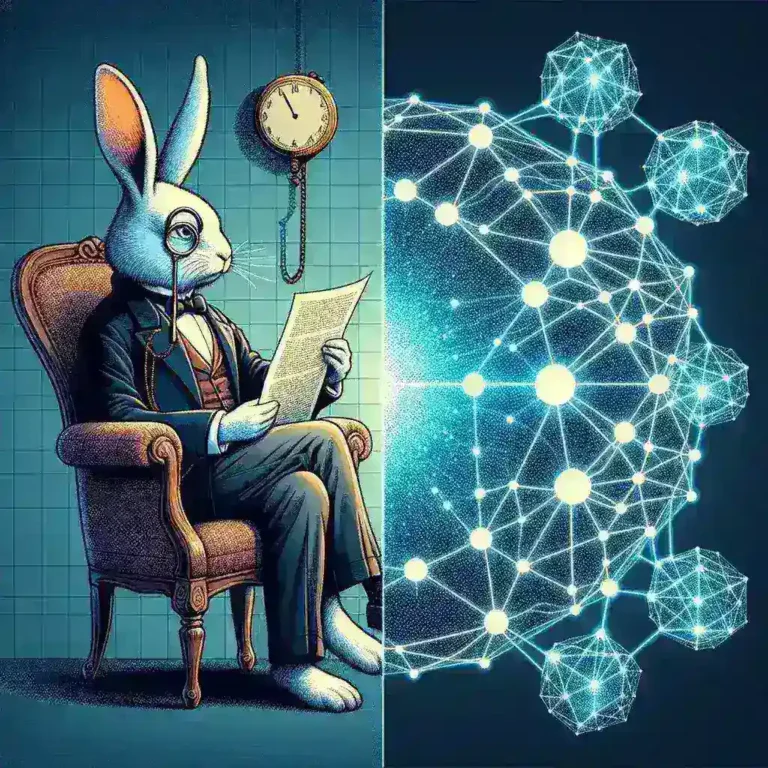Introduction
The landscape of work is changing rapidly, with artificial intelligence (AI) becoming a pivotal component in modern workplaces. As organizations strive for increased efficiency and productivity, the adoption of AI technologies is accelerating, impacting 21 different job functions. This article delves into the reasons behind this shift, explores the benefits and challenges of AI integration, and provides insights into the future of work.
The Rise of AI in the Workplace
Historically, the introduction of AI in workplaces has been gradual. However, recent advancements in machine learning, natural language processing, and data analytics have catalyzed widespread adoption. According to recent studies, businesses that implement AI see a significant boost in performance metrics. In fact, a survey revealed that 63% of organizations believe AI will enhance their productivity.
Key Drivers of AI Adoption
- Efficiency Gains: AI can perform tasks faster and with greater accuracy than humans, leading to substantial time savings.
- Data-Driven Decision Making: AI allows for advanced analytics, enabling organizations to make informed decisions based on real-time data.
- Cost Reduction: By automating routine tasks, companies can reduce operational costs and redirect resources towards strategic initiatives.
Exploring the 21 Job Functions Impacted by AI
AI’s influence spans a wide array of job functions. Here are the 21 key areas where AI is making a significant impact:
1. Human Resources
AI tools streamline recruitment processes by filtering resumes and identifying top candidates. Moreover, AI-powered chatbots enhance employee engagement by answering HR-related queries.
2. Customer Service
AI chatbots and virtual assistants provide 24/7 support, handling customer inquiries efficiently while freeing human agents for complex issues.
3. Marketing
AI analyzes consumer behavior, allowing marketers to tailor campaigns precisely. Predictive analytics help in crafting personalized marketing messages, leading to higher conversion rates.
4. Sales
Sales teams leverage AI to identify leads and forecast sales trends. By analyzing past customer interactions, AI can provide actionable insights that enhance sales strategies.
5. Finance
AI algorithms detect fraudulent transactions and manage risk assessments, ensuring financial security. Automated reporting tools save analysts hours of manual work.
6. Supply Chain Management
AI optimizes inventory levels and predicts supply chain disruptions, allowing for proactive management and increased efficiency.
7. IT Operations
AI monitors network security and automates routine IT tasks, improving overall system performance and security.
8. Research and Development
AI accelerates product development by analyzing data trends and offering insights that foster innovation in research.
9. Manufacturing
AI-powered robots automate assembly lines, enhancing precision and reducing production costs.
10. Legal Services
AI tools assist in contract analysis and legal research, saving time and improving accuracy in legal proceedings.
11. Healthcare
AI aids in diagnostics and personalized medicine by analyzing patient data, improving treatment outcomes.
12. Education
AI-driven learning platforms personalize educational experiences, catering to individual learning styles and needs.
13. Real Estate
AI enhances property valuation and market analysis, providing real estate professionals with data-driven insights.
14. Telecommunications
AI optimizes network management and enhances customer experiences through intelligent service delivery.
15. Hospitality
AI personalizes guest experiences, from booking to customer service, creating a more satisfying stay.
16. Agriculture
AI monitors crop health and predicts yields, allowing farmers to make informed decisions that boost productivity.
17. Transportation
AI powers autonomous vehicles and optimizes logistics, revolutionizing how goods and people are transported.
18. Media and Entertainment
AI generates content and provides recommendations, tailoring entertainment to the preferences of consumers.
19. Construction
AI enhances project management by predicting timelines and identifying potential risks in construction projects.
20. Security
AI systems analyze surveillance footage and detect anomalies, significantly improving security measures.
21. Nonprofits
AI aids in data management and resource allocation, helping organizations maximize their impact.
Benefits of AI Adoption
The advantages of incorporating AI into the workplace are manifold:
- Increased Productivity: With AI handling mundane tasks, employees can focus on more strategic and creative activities.
- Improved Accuracy: AI systems minimize human error, leading to more reliable outcomes.
- Enhanced Customer Experience: AI facilitates personalized interactions, improving customer satisfaction and loyalty.
Challenges of AI Integration
Despite its benefits, adopting AI presents challenges that organizations must navigate:
- Resistance to Change: Employees may fear job loss or struggle to adapt to new technologies.
- Data Privacy Concerns: The use of AI raises questions about data security and privacy, necessitating stringent policies.
- Implementation Costs: The initial investment in AI technology can be significant, requiring careful financial planning.
Future Predictions
Looking ahead, the role of AI in the workplace is expected to expand further. As technology continues to evolve, we can anticipate:
- Greater Integration: AI will become seamlessly integrated into daily operations across all job functions.
- Continuous Learning: AI systems will evolve through machine learning, improving their capabilities over time.
- Job Transformation: While some roles may diminish, new job opportunities focusing on AI management and oversight will emerge.
Conclusion
The acceleration of AI adoption across 21 different job functions marks a significant shift in how we work. By harnessing the power of AI, organizations can unlock new levels of efficiency and innovation. However, they must also address the challenges that come with this technology. As we move forward, a balanced approach to AI integration will be crucial for fostering a productive and inclusive workplace.




